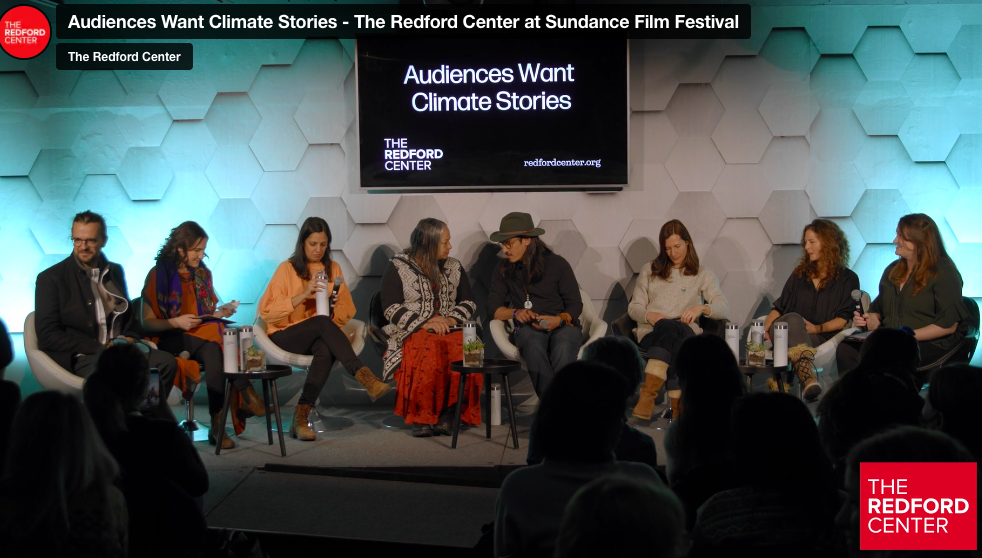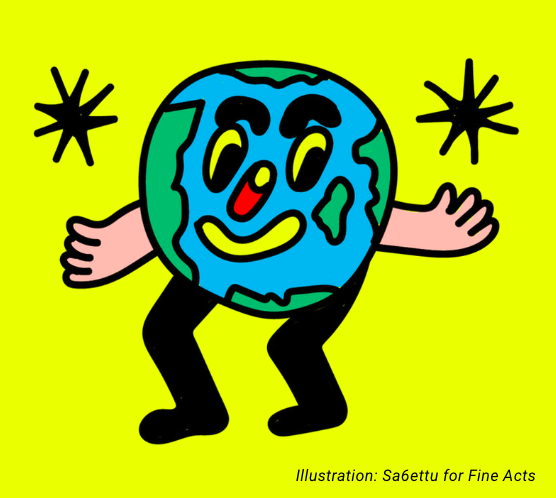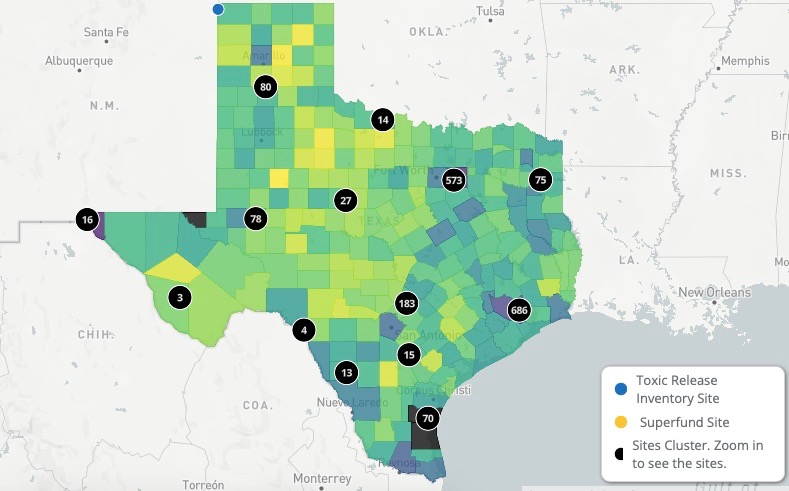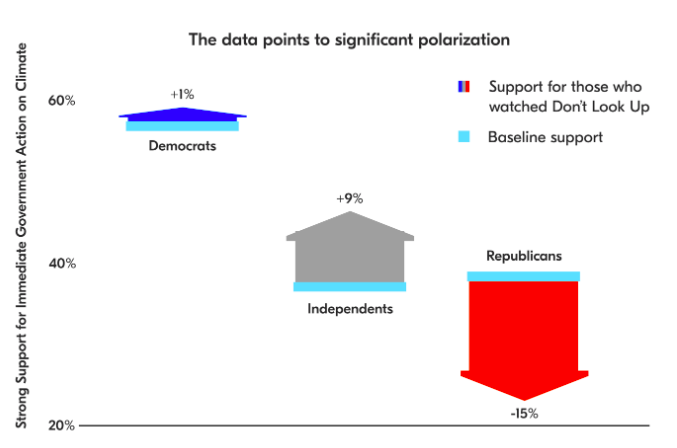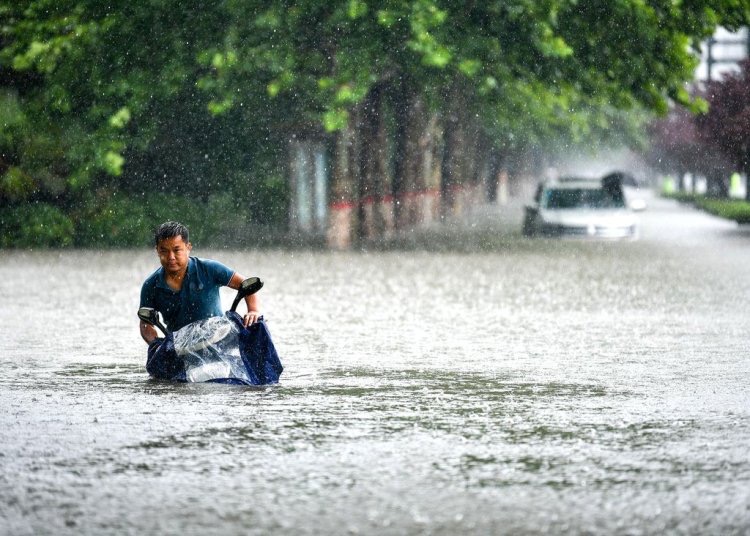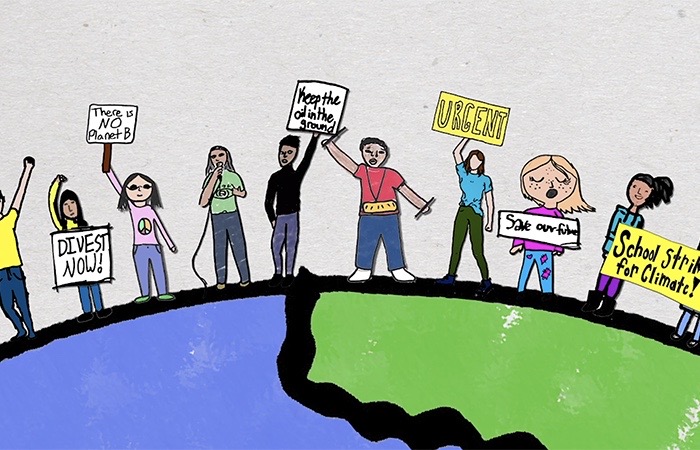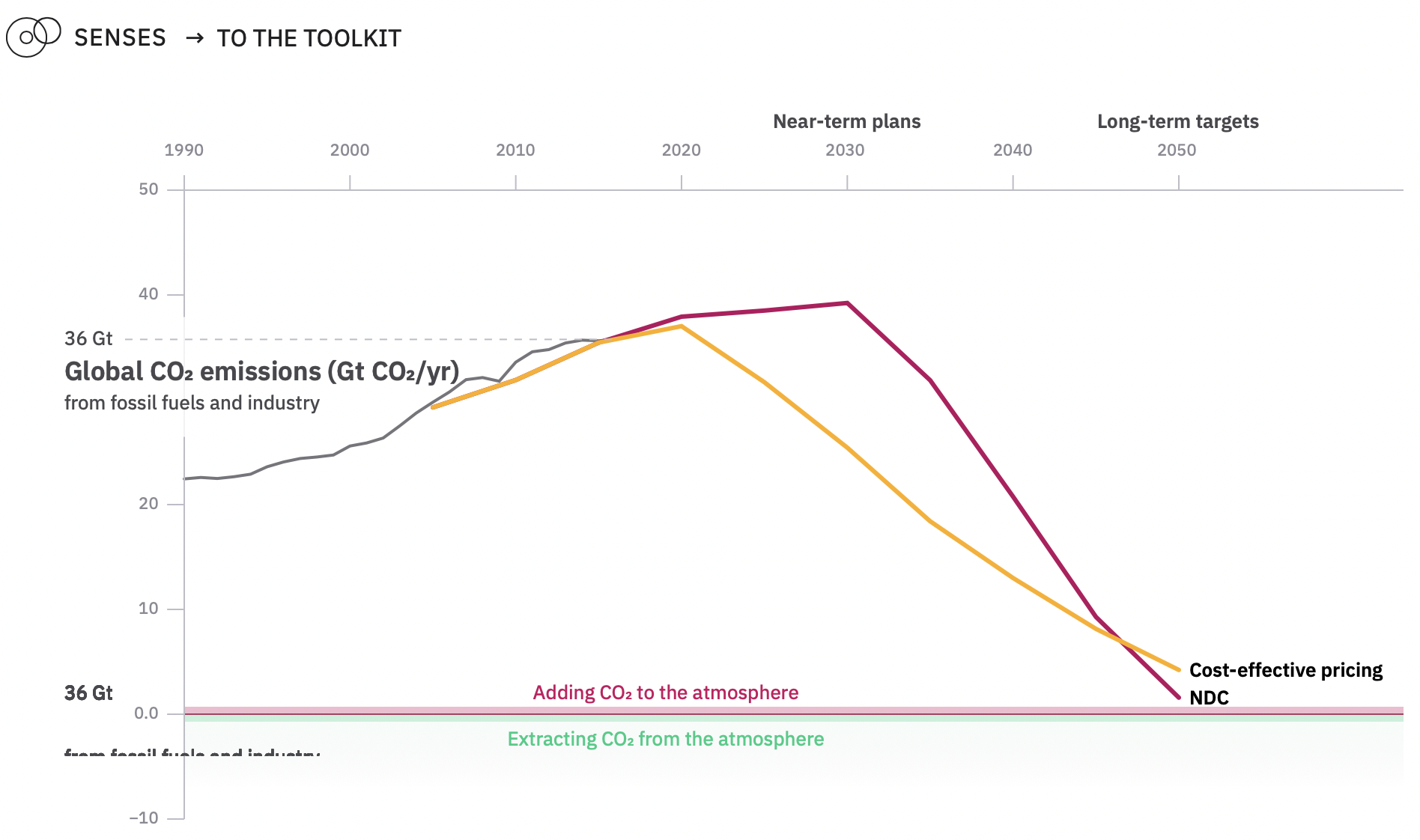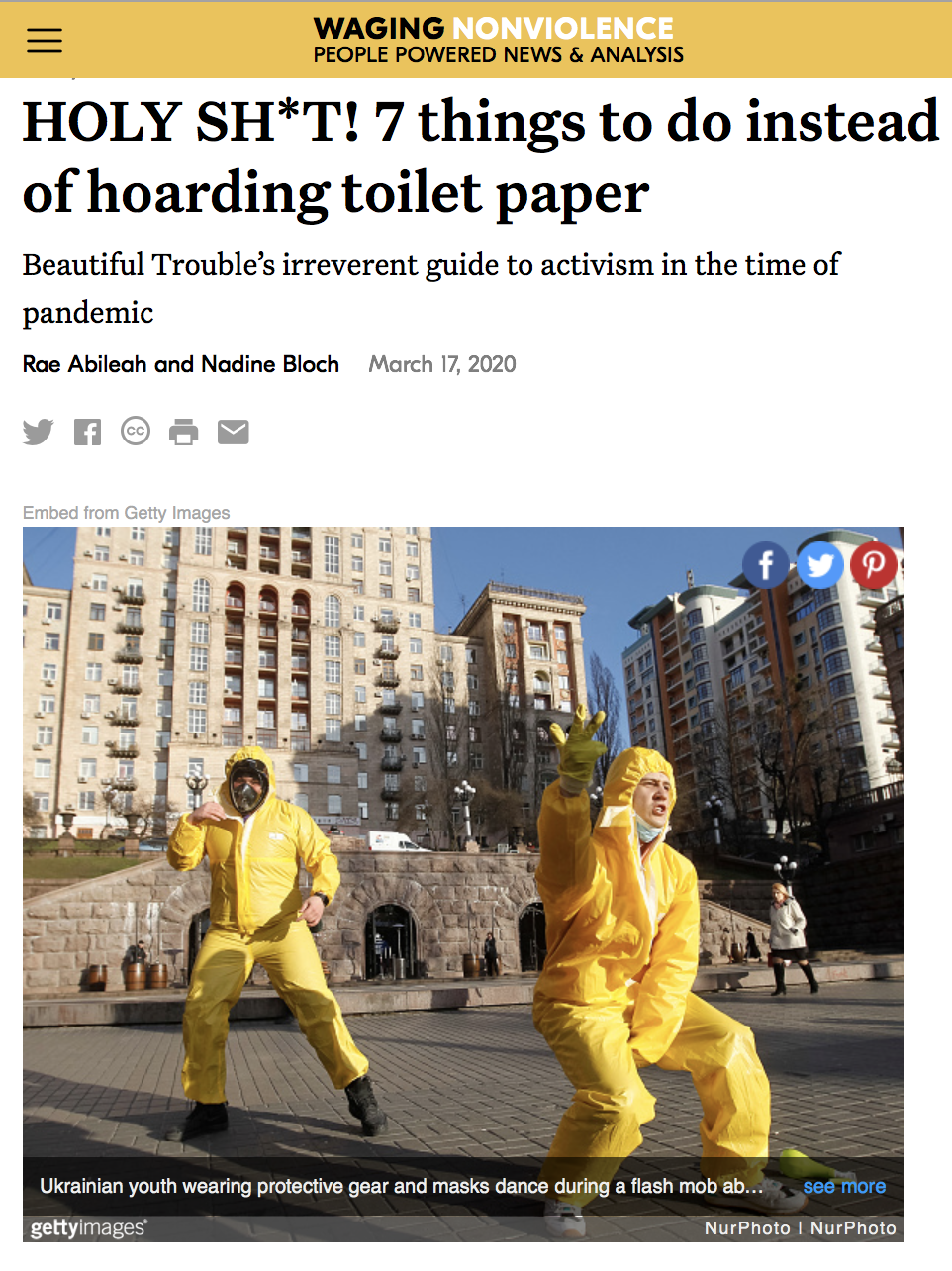Resources
Search below for resources covering the intersection of climate engagement, social science and data analytics.
RESULTS
Audiences Want Climate Stories
The landscape and demand for climate stories are shifting. For a very long time, the conversation around climate change and the environment has been led by circles of scientists and policy and law makers with artists, storytellers, and BIPOC communities being largely absent from the conversation until recently. Independent film is breaking the cycle of the dominant film industry voices that have controlled which stories are told (and not told), how they are told, and who gets to tell them. Stories are helping to humanize and depoliticize the issue of climate change, providing complex and nuanced perspectives to audiences and building bridges over once-polarizing waters. The independent film industry is helping pave the way for a more environmentally aware and engaged future, but there’s still work to be done.
Not Too Late
Inform, imagine, act. Not Too Late is a project to invite newcomers to the climate movement, as well as provide climate facts and encouragement for people who are already engaged but weary. Its goal is to offer good news, perspectives, voices, connections to people, as well as good paths forward for the climate and those who care about it. Not Too Late uses three steps to engage people: Inform—make sure you're reading beyond the horrifying headlines; fill yourself with the real facts about where we're at. Imagine—take time to imagine what the world could like; imagine what your city/town could look like if there was healthy air and strong communities. Act—to really build change at the scale we need requires us to act together; find a climate organization in your town/state/nation and get involved.
The Climate Collection
The Climate Collection displays many posters that depict some aspect of the climate crisis—from artists around the world. (They’re pretty awesome!) This resource came out of a global open call that sought digital illustrations targeting climate change, with a focus on hope and solutions. The outstanding work of a total of 50 Selected Artists and 46 Finalists has been chosen to join The Climate Collection under an open license. The project received 2,222 submissions by 1,432 artists from 95 countries.
Texas Environmental Justice Explorer
Environmental justice is central to tackling climate change. This interactive map identifies toxic facilities in Texas, giving each county an environmental justice risk score. The results indicate that communities of color are bearing the brunt of pollution. The map includes an option for Texans to add their personal stories.
Did Don’t Look Up cause more people to look up? (Potential Energy’s Knowledge Newsletter)
The effect of watching the film Don’t Look Up was polarizing. For Democrats who watched it, they become 1% more supportive of immediate government action on climate. But for Republicans, they became 15% LESS supportive. Independents became 9% MORE supportive.
How to Effectively Show Climate Change in 25 Images
Use visual images to make climate change feel real and immediate. This blog post offers tips on what types of visual images are best at educating audiences about the problem and engaging them on solutions. These include: know your audience, use real people not stock images, tell new stories about climate change, avoid shaming individuals, and couple disturbing images with something positive.
Using Virtual Reality in Sea Level Rise Planning and Community Engagement—An Overview
Consider using virtual reality to convey the reality of sea-level rise. In three coastal communities, VR simulations of sea-level rise were found to do a better job than conventional maps in helping people visualize projected impacts. Residents familiar with the locations had especially strong emotional reactions to the images shown during the simulations. This study also finds that it is important to involve local residents in the planning and promotion of virtual reality simulations of sea-level rise.
2021 Redford Center Stories “Best Of” Montage
Listen to the youth. This montage of some of the 400 short films submitted for annual youth filmmaking challenge is an urgent call for climate justice. Speaking in plain language and using simple-yet-creative graphics, these youth offer a fresh perspective on the climate crisis. Many of their messages are about what can be achieved through working together. Their honesty, directness and positivity have the potential to compel a wide variety of audiences to join them.
The Senses Toolkit
The SENSES Toolkit is a collection of visualization tools that explore a variety of climate change and clean energy scenarios scenarios including:
- Closing the Emissions Gap: How current, global decarbonization plans match up with the long-term targets of the Paris Climate Agreement
- The Role of Land for Food Production and Climate Protection: How current land-use practices accelerate climate change
- Net-zero Pathways for Industrialized Countries: Simulations that outline possible pathways to net-zero emissions by 2050 for the US, EU, Japan, and Australia
In addition to the scenarios, the toolkit includes practical guidelines of how to use climate change scenarios for three key user groups: policymakers, the financial sector, and regional audiences.
HOLY SH*T! 7 Things To Do Instead Of Hoarding Toilet Paper
This irreverent guide to activism in the time of pandemic offers a roundup of the most creative and effective social movement responses to COVID-19, filtered through seven of the most relevant tools from the Beautiful Trouble toolbox, with links to resources compiled especially for this moment.
Pagination
- Page 1
- Next page
